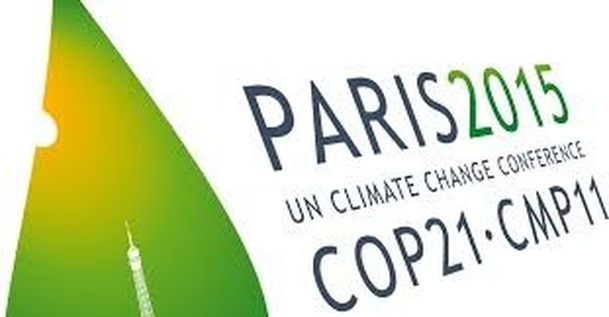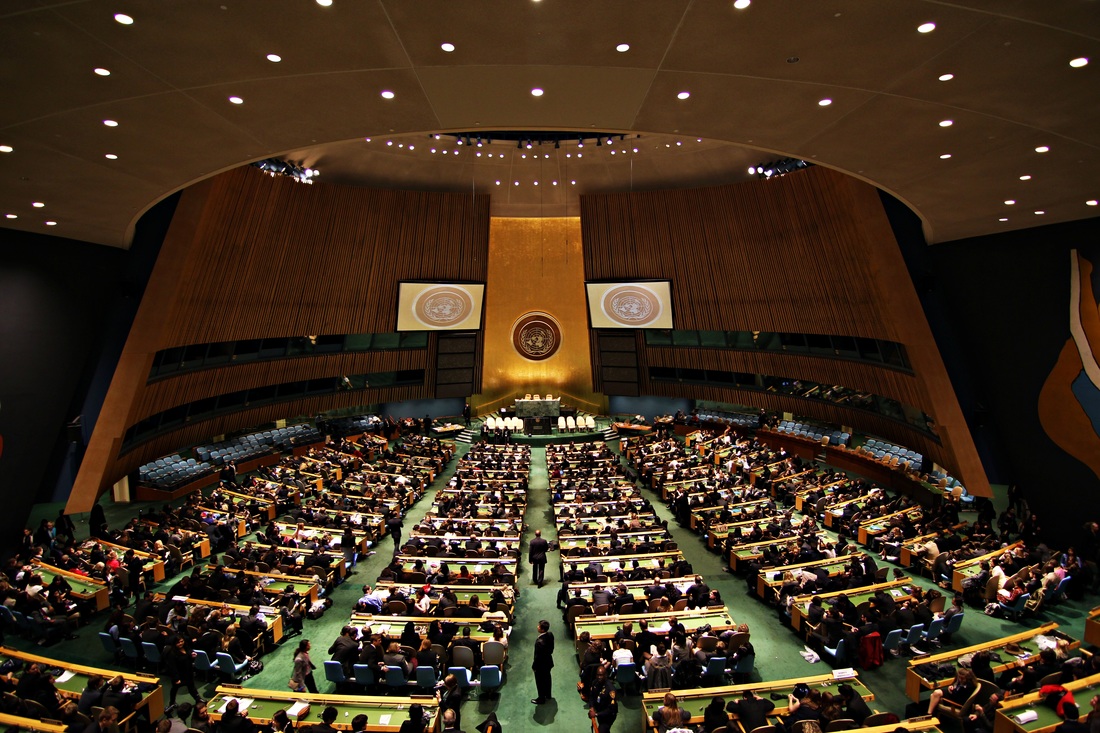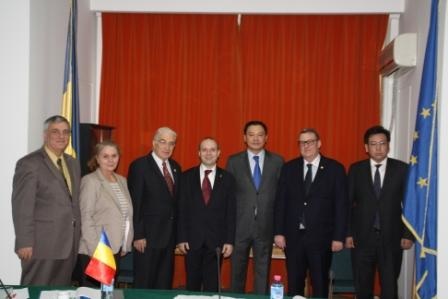
Professor Dr. Anton Caragea, Council President statement is presenting an encouragement declaration, marking the importance of the event for world tourism and for world natural protected areas and natural parks.
Here is the full text:
It gives me a special pleasure to greet the results of the Paris Climate Conference COP21.
The Paris Agreement has succeed in providing the framework for accelerating the global transition to low-carbon climate –resilient economies. As the SG of United Nations Mr. Ban Ki-moon rightly stated "We are the first generation that can end poverty. We are also the last generation that can slow global warming before it is too late."
We should not miss this opportunity.
The Paris conference was a historic opportunity to accelerate the shift to a low carbon, climate-resilient global economy.
People around the world are looking to their leaders for a signal that they are ready and willing to take decisive action to tackle climate change.
I launch an appeal to those that support a strong Paris deal to take every opportunity to speak out and make their position clear.
Now, of extremly importance is the role to be played by the Civil society in raising awareness among the public and putting pressure on governments to show leadership and to ask for accountability rules to give stakeholders confidence that countries will deliver on their commitments.
As well as reducing greenhouse gas emissions, the new agreement is also addresing adaptation to the impacts of climate change and the mobilisation of finance for climate action from a variety of public and private sources.
The climate action plans – the Intended Nationally Determined Contributions – submitted so far bend the global emissions curve downward, but there is still much effort demanded and as soon as possible.
The transformation of the world’s energy systems is crucial for world natural protected areas and natural parks by this avoiding the worst consequences of climate change and setting the world on a sustainable development pathway.
It os our shared duty as representatives of the people and humanity to foster the transformation of world energy systems in to cleaner, lower-carbon sources, and to ensure the decarbonization of the world’s energy systems by the end of the century.
Your efforts after the COP21 will manifest themself by implementing the recently adopted 2030 Agenda for Sustainable Development.
European Council on Tourism and Trade has saluted this agenda as a roadmap to end global poverty – including energy poverty – and to help build a life of dignity for all.
This is our committment and obligation for the generations to come.
The 17 Sustainable Development Goals (SDGs) that we are supporting are reflecting the importance of sustainable energy for societies, economies and human world.
SDG 17 are calling to “ensuring access to affordable, reliable, sustainable, and modern energy for all” by 2030.
The Agenda that European Council on Tourism and Trade works to promote, recognizes the close links between energy and the other SDGs, including the goal on climate change.
I salute your exertions to build a safer, more equitable and prosperous future for all.
Please accept my best wishes for a successful implementation of the decision taken by Paris COP21 conference.


 RSS Feed
RSS Feed
